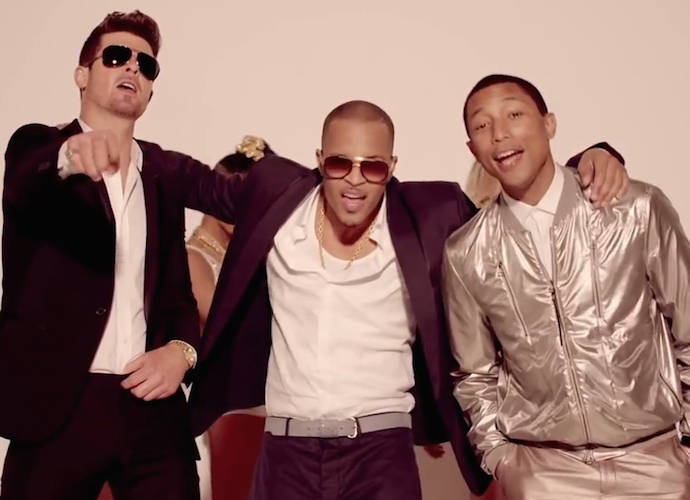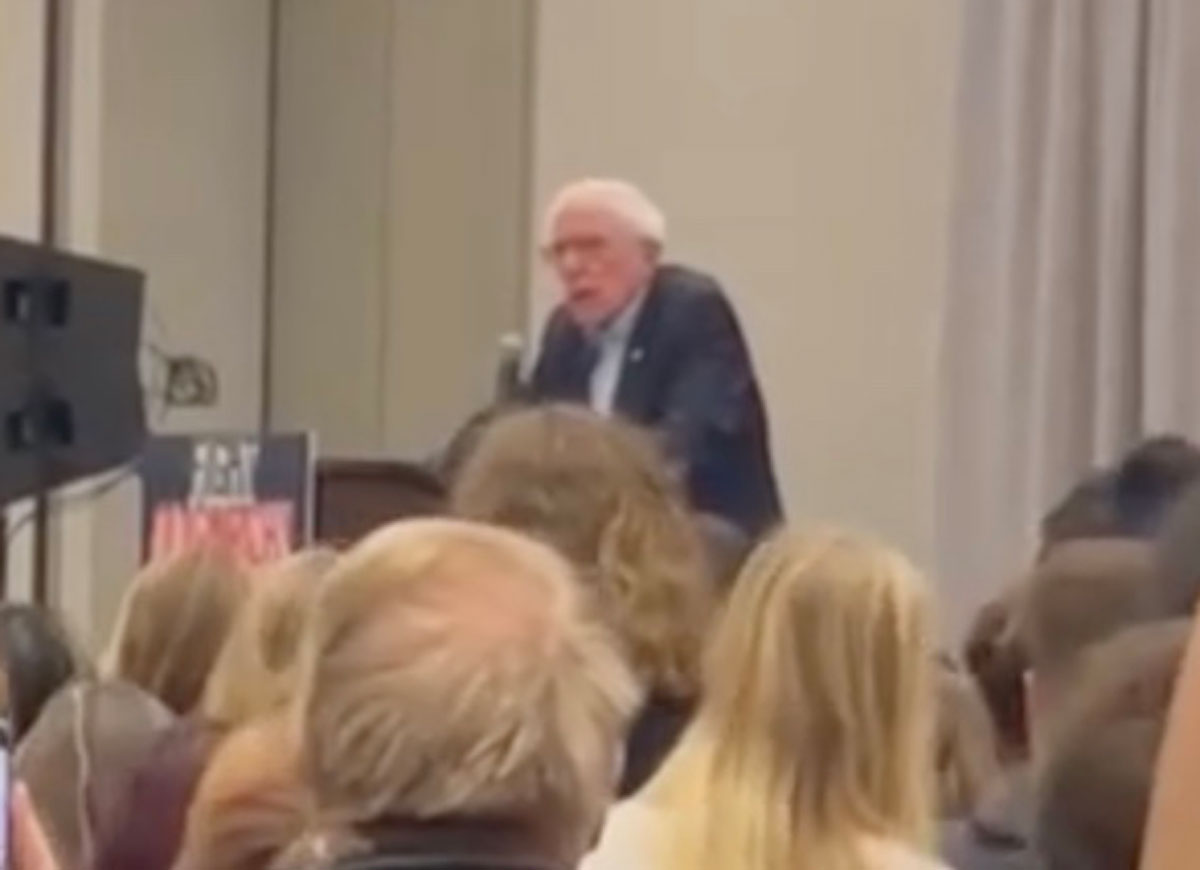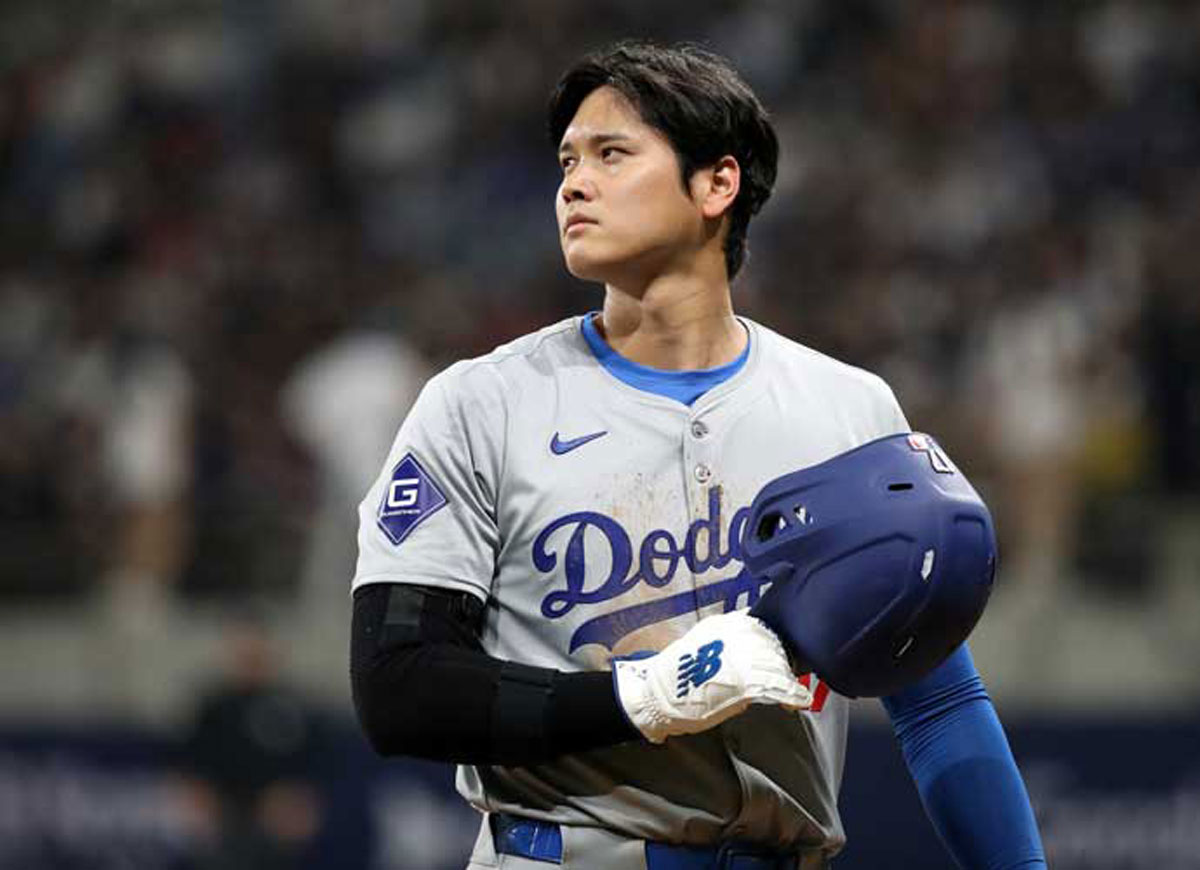Pharrell Williams And Robin Thicke Ordered To Pay Marvin Gaye Estate $7.3 Million In “Blurred Lines” Lawsuit
A jury has ruled that Robin Thicke and Pharrell Williams copied Marvin Gaye on their hit “Blurred Lines,” and the Gaye family is planning on filing an injunction to stop sales of the song.
Pharrell Williams, Robin Thicke Guilty Of Copyright Infringement
A federal jury ruled on Tuesday that Thicke and Williams’ “Blurred Lines” was significantly similar to Gaye’s “Got To Give It Up” and found the artists guilty of copyright infringement. The jury also awarded Gaye’s estate $4 million in damages and ordered Thicke to hand over $1.8 million of his profits from the song, in addition to $1.6 million in profits from Williams.
To determine whether or not “Blurred Lines” copied “Got To Give It Up,” jurors were only allowed to compare “Blurred Lines” to sheet music of Gaye’s 1977 hit, which left the percussion and other musical elements out of consideration. When Gaye’s song was released in 1977, it was not customary for artists to file an audio recording with the U.S. Copyright Office, hence the limitations.
Throughout the trial, Gaye family lawyer Richard Busch argued that Williams and Thicke had written “Blurred Lines” with Gaye’s song in mind, and noted similarities in the bass line, keyboards and vocal melodies. However, not all these similarities were included in the sheet music.
Lawyers for Thicke and Williams argued that, based on the written music, there were no grounds to sue for copyright infringement, suggesting the entire case was based on “a fundamental misunderstanding.”
After their win in court, Busch announced that the Gaye family would be filing an injunction to halt all sales of “Blurred Lines” until a new royalties agreement has been made. “We’ll be asking the court to enter an injunction prohibiting the further sales and distribution of ‘Blurred Lines’ unless and until we can reach an agreement with those guys on the other side about how future monies that are received will be shared,” Busch told Rolling Stone.
Busch added that it was Williams and Thicke who started the legal battle when they filed a preemptive suit in August of 2013 to declare non-infringement. “They sued us, taking a declaration of non-infringement. They started this war and we just finished it,” Busch stated.
Neither Williams nor Thicke have commented on Busch’s plans to file an injunction, but the artists did release a statement, along with rapper T.I. who is featured on the song, saying that they were “disappointed” by the ruling.
“While we respect the judicial process, we are extremely disappointed in the ruling made today, which sets a horrible precedent for music and creativity going forward. ‘Blurred Lines’ was created from the heart and minds of Pharrell, Robin and T.I., and not taken from anyone or anywhere else. We are reviewing the decision, considering our options and you will hear more from us soon about this matter,” they said in a statement.
‘Blurred Lines’ Verdict Implications For The Music Industry
The warning against setting a “horrible precedent for music and creativity going forward” is a sentiment that many critics have echoed. On Wednesday, LA Weekly ran an article titled “How the ‘Blurred Lines’ Verdict Might Screw Up the Whole Music Industry.”
“[Structurally] and rhythmically, the songs are quite similar. But the lyrics and top-line melodies – the notes sung by a lead vocal or played on a lead instruments – are not the same, and those traditionally have always been the two elements of a song protected under copyright law,” wrote LA Weekly’s Andy Hermann.
The growing consensus surrounding the trial and the potential “creative theft” committed by Thicke and Williams has been that the song does not fall under plagiarism standards previously established in the music industry, but it does have an eerily similar groove.
“Look, technically, it’s not plagiarized. It’s not the same chord progression. It’s a feeling. Because there’s a cowbell in it and a Fender Rhodes as the main instrumentation – that still doesn’t make it plagiarized. We all know it’s derivative. That’s how Pharrell works. Everything that Pharrell produces is derivative of another song – but it’s an homage,” Questlove of The Roots explained in 2013.
In interviews conducted prior to the lawsuit, both Pharrell and Thicke appeared to acknowledge being influenced by Gaye and the song “Got To Give It Up,” something that was later used against them in court. (Thicke also famously did himself no favors when he admitted to being on drugs during the recording and promotion of the song.) Admitting influence, however, is not the same thing as copyright infringement, a distinction some fear the ruling could muddy.
“This is the worst decision, just crazy. If this were to become a standard, it’s going to be one of the greatest growth industries of all time, suing people who sound like someone else,” professional musicologist Michael Harrington told USA Today.
RELATED ARTICLES
Get the most-revealing celebrity conversations with the uInterview podcast!







Leave a comment